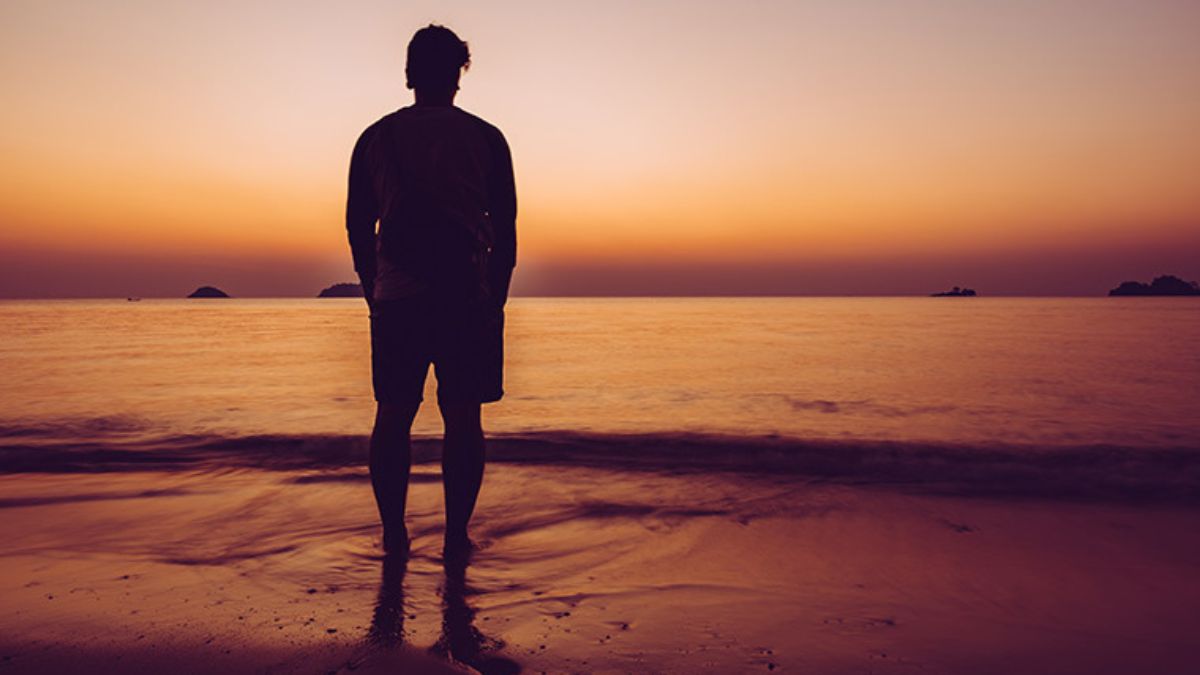Why being alone isn’t always lonely

When was the last time you sat in silence — no phone, no playlists, no notifications — just you and your thoughts? In a world that glorifies busyness and fears boredom, solitude has come to feel almost suspicious. We equate being alone with being lonely, forgetting that one is a state of the body and the other, of the mind. Yet, psychologists say that the deliberate act of being by oneself even briefly can be one of the most powerful tools for mental restoration.
As the world marks World Mental Health Day 2025, the conversation often revolves around connection, therapy, and reaching out. But experts argue that an equally important dimension of mental health lies in turning inward. Solitude cannot be taken as isolation, say behavioural experts. Instead it is the conscious choice to disconnect from external noise and reconnect with oneself and if it is done intentionally, it can improve emotional resilience and clarity of thought.
Loneliness, psychologists explain, is the pain of being alone — solitude is the power of choosing it.
The pandemic years left many people craving connection, but they also revealed how hard it had become to be comfortable in one’s own company.“We’ve built a society where silence feels awkward,” says clinical psychologist Dr. Dhara Ghuntla,psychotherapist affiliated with Criticare hospital in Mumbai, "but our minds need pauses just like our bodies need sleep."
In Mumbai’s incessant rush, 32-year-old store owner Reha Narain found her mind constantly buzzing, even when she wasn’t working. “When I began taking 30-minute walks without my phone, it was uncomfortable at first,” she says. “But soon, I began to enjoy it."
Neuroscience research confirms that solitude changes how the brain processes information. Functional MRI studies from Harvard and Oxford University show that when people spend quiet time alone, a network in the brain called the Default Mode Network becomes active. This region is linked to self-reflection, creativity, and emotional regulation.
However, Ghuntla, warns against " excessive solitude." "Solitude acts like a neural detox but if done excessively there are chances of slipping into the black hole of depression. Hence, solitude needs to be considered as a means to recharge," she explains. While there's no doubt, say experts, that 'me time' helps the brain consolidate memories and make sense of emotional experiences, one must use it judiciously, as a stimulation to the mind which otherwise is hard to come by via screens, noise, or multitasking.
Even brief, daily moments of solitude can lower cortisol levels, improve focus, and enhance creative problem-solving. “It’s the mind’s way of cleaning up its own desk,” says Dr Ramesh Shah, a family physician based in Mumbai.
In the age of mindfulness apps and guided meditation, solitude may be the most accessible and underrated mental health tool. Psychologists suggest it need not be about sitting cross-legged or retreating to the mountains. It can be as simple as journaling without posting, cooking without podcasts, or watching the rain without reaching for the phone.
When practised regularly, solitude improves self-awareness which is the foundation of mental well-being. "For those who find meditation intimidating, solitude offers a gentler route: doing one thing slowly and attentively; not to withdraw, but to return recharged," says Ghuntla.
Ironically, we’ve never been more connected and never more afraid of being alone. Technology ensures that even when we are physically isolated, we’re rarely mentally alone. Notifications, group chats, and algorithmic feeds keep us in a constant state of pseudo-company.
The brain can’t distinguish between meaningful connection and digital stimulation, explains doctors. You may be chatting all day, but still feel profoundly lonely because none of it nourishes your emotional needs.
As one therapist puts it, “Scrolling gives you distraction. Solitude gives you direction.”
Long before solitude became a wellness buzzword, Indian culture celebrated it. Poets, monks, and seekers across centuries used solitude to understand the world better.
Today, meditate for content, journal for aesthetics, and rest for productivity but true solitude asks for no audience.
Psychologists suggest simple, practical ways to cultivate solitude in everyday life such as a screen-free sunrise, solo walks without earphones on.
Even five minutes of such intentional solitude daily can improve mood and reduce irritability. “Once you do that, the world outside stops feeling so overwhelming," says Dr Shah.
In the end, solitude is not about being away from people, rather it’s about returning to yourself. Amid the noise of wellness trends and the pressure to stay visible, perhaps the most radical act of self-care is to be unseen for a while.
World